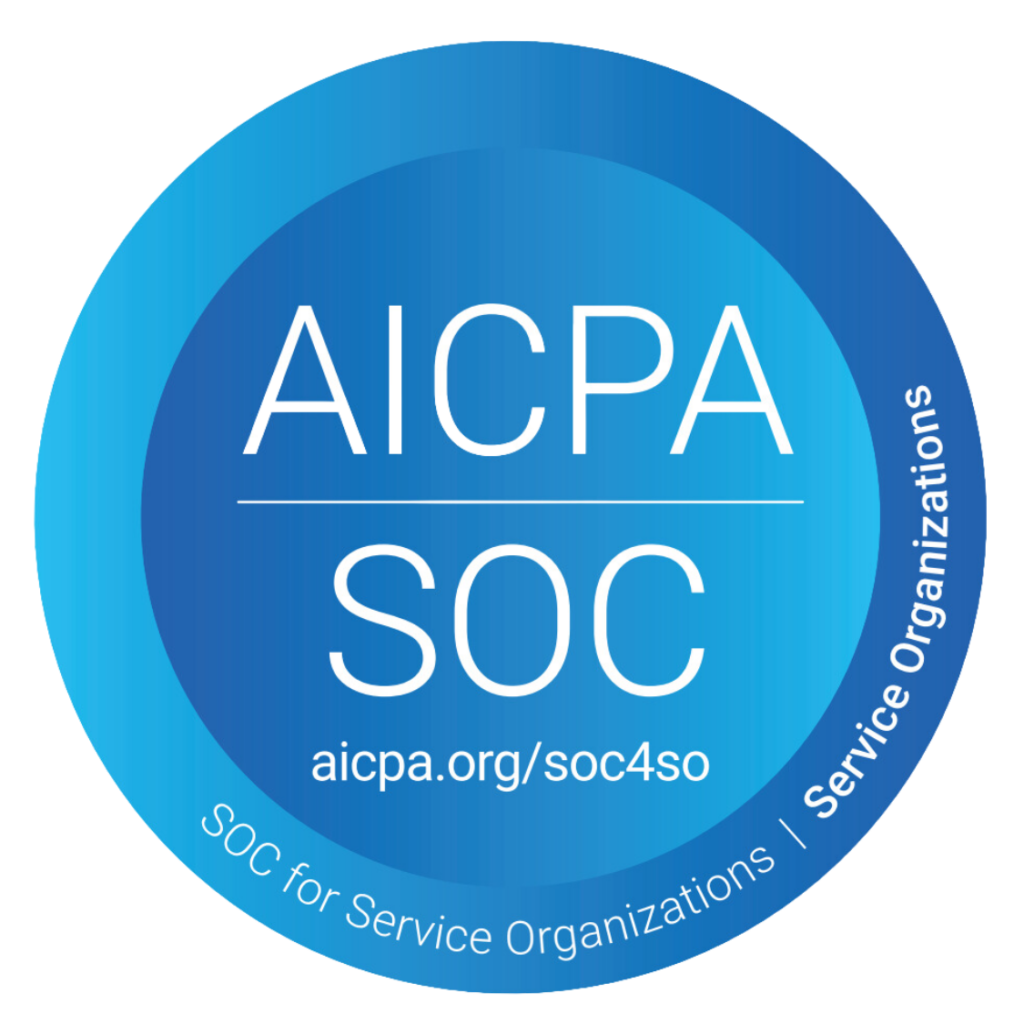April sheds light on a prevalent condition that affects millions globally but often remains under-discussed: Irritable Bowel Syndrome (IBS). As IBS Awareness Month unfolds, fostering an informed dialogue about this condition becomes essential. Highlighting diagnostic criteria, management strategies, and the vital role of lifestyle modifications in alleviating its impact serves as our primary focus.
Understanding IBS: Definition and Diagnostic Criteria
IBS is a functional gastrointestinal disorder characterized by a cluster of symptoms including abdominal pain, bloating, and altered bowel habits. The condition is typically categorized into three types:
- IBS with predominant constipation (IBS-C)
- IBS with predominant diarrhea (IBS-D)
- Mixed IBS (IBS-M), which includes a combination of both constipation and diarrhea
The diagnosis of IBS follows the ROME IV criteria, which emphasize symptom-based diagnostic processes, including abdominal pain average at least one day per week in the last three months, associated with two or more of the following: altered stool frequency, form, or relief upon defecation. Early professional intervention is pivotal in managing IBS effectively.
Lifestyle Modifications: Testing and Tailoring to the Individual
The Importance of Thorough Investigation
Before conclusively diagnosing IBS, it’s vital that healthcare professionals conduct a comprehensive evaluation to eliminate other potential causes for symptoms. This critical step ensures that the treatment plan addresses the specific needs of the individual, rather than applying a one-size-fits-all approach.
Tailoring Through Testing
This evaluation typically involves various tests, including laboratory blood tests, stool samples, imaging tests like CT scans or MRIs, and endoscopic procedures. The purpose of these tests is multifaceted – to check for signs of infection, inflammation, or abnormalities that may indicate conditions other than IBS.
Dietary Adjustments for IBS Management
Embracing the Low-FODMAP Diet
Diet plays a crucial role in managing IBS, with the FODMAP diet emerging as a highly recommended regimen. This diet entails limiting foods high in fermentable oligosaccharides, disaccharides, monosaccharides, and polyols, which are poorly absorbed in the small intestine and can exacerbate IBS symptoms. This diet means you avoid certain kinds of foods that can make IBS symptoms worse because they’re not well absorbed in your gut. These foods include:
- Beans and lentils (oligosaccharides)
- Dairy products like milk, cheese, and yogurt (disaccharides)
- Fruits like apples, pears, and mangoes (monosaccharides)
- Artificial sweeteners and some vegetables like cauliflower and mushrooms (polyols)
Personalizing Diet Plans
Given the varied nature of IBS symptoms and trigger foods, dietary recommendations are personalized based on an individual’s response to different foods. Registered dieticians or nutritionists specializing in gastrointestinal disorders can provide guidance on tailoring the diet to manage symptoms effectively, thus enhancing the quality of life for individuals with IBS.
Integrating Lifestyle Changes
The Role of Regular Exercise
Regular exercise emerges as a cornerstone in managing IBS, thanks to its multiple benefits. Physical activity can aid in regularizing bowel movements and reducing the stress that often exacerbates IBS symptoms. It doesn’t require rigorous routines; moderate activities like walking, yoga, or swimming can prove beneficial.
Stress Management Techniques
Given the strong link between stress and IBS flare-ups, incorporating stress management techniques into daily routines can be remarkably effective. Methods such as mindfulness meditation, deep breathing exercises, and cognitive-behavioral therapy can help manage stress levels, thereby potentially reducing the frequency and severity of IBS symptoms.
Lifestyle Tailoring to Individual Needs
Just as dietary adjustments are personalized, lifestyle modifications should also be tailored to fit the individual’s lifestyle, preferences, and symptoms. This holistic approach, encompassing diet, exercise, and stress management, underscores the necessity of a personalized strategy in managing IBS. Collaborating with healthcare professionals to develop a comprehensive, tailored plan can significantly enhance efficacy, leading to improved overall well-being and symptom management for individuals with IBS.
Encompassing Holistic Health in IBS Management: Beyond the Gut
The Connection Between Mind and Gut
Research continually reveals a profound connection between the gastrointestinal system and mental health, often referred to as the gut-brain axis. This bi-directional pathway means that while gut health can influence emotional and mental well-being, psychological stress can also manifest physically, exacerbating symptoms of IBS. Understanding this connection is crucial in the comprehensive care and management of IBS, indicating the need for treatments that address not just the physical symptoms but also the psychological aspects of the condition.
Cognitive-Behavioral Therapy (CBT)
By helping patients identify and modify negative thought patterns and behaviors that can aggravate gastrointestinal symptoms, CBT offers a way to manage stress and anxiety, which are often pivotal in triggering IBS flare-ups. Sessions focused on coping strategies, resilience building, and relaxation techniques equip individuals with the skills to mitigate stress’s impact on their symptoms, fostering a better quality of life.
Embracing Mindfulness and Meditation
The practice of mindfulness and meditation focuses on bringing awareness to the present moment and accepting it without judgment, helping individuals reduce stress and anxiety levels. Regular mindfulness exercises have been shown to lessen the severity of IBS symptoms by lowering the body’s stress response, which can negatively affect gut health and function.
The Role of Relaxation Exercises
Relaxation exercises, including deep-breathing techniques, progressive muscle relaxation, and guided imagery, are easy-to-implement yet effective strategies for managing IBS symptoms. These techniques can help lower stress levels, reduce abdominal pain, and alleviate bloating by promoting a state of calm and relaxation throughout the body. Incorporating these exercises into daily routines can offer symptomatic relief and improve overall well-being for individuals with IBS.
Risk Factors and Prevention
The Impact of Excessive Weight
Carrying excessive weight has been linked to many health issues, including an increased risk of developing IBS symptoms. The mechanisms behind this association may involve the added pressure on the abdomen by excess body fat, which can alter digestive movements and exacerbate symptoms like bloating and discomfort. Addressing weight concerns through dietary management and physical activity can play a pivotal role in reducing the risk of IBS onset and aiding its management.
Alcohol Consumption and IBS
Alcohol consumption can significantly impact individuals with IBS. Alcohol is a known irritant to the gut lining, capable of triggering flare-ups or worsening symptoms due to its effects on gastrointestinal motility and secretion. It can also contribute to dehydration, further aggravating symptoms of constipation in individuals with IBS-C. Moderation or complete abstinence from alcohol can be a crucial preventive measure and management strategy for IBS sufferers, contributing to overall gut health and symptom reduction.
Smoking and its Gastrointestinal Consequences
Smoking is another modifiable risk factor for IBS. Nicotine and other substances found in cigarettes can affect intestinal motility, leading to an exacerbation of IBS symptoms. Smoking has also been linked to an increased risk of developing gastrointestinal diseases, suggesting that quitting smoking can benefit gastrointestinal health and help prevent the onset or worsening of IBS symptoms.
Navigating Pharmacological Interventions for IBS
The management of IBS often requires a blend of approaches, including medication alongside lifestyle and dietary adjustments. The complexity of IBS, with its varying symptoms from individual to individual, has led to the development of a diverse range of pharmacological treatments tailored to different IBS types. These options range from over-the-counter remedies to prescription medications, each with its specific target symptoms.
Fiber Supplements for IBS-C
For IBS with predominant constipation (IBS-C), fiber supplements are often the first line of defense. They work by adding bulk to the stool, facilitating easier passage and helping to regulate bowel movements. Psyllium, a soluble fiber, has shown particular efficacy and is generally well tolerated. However, it’s crucial for patients to increase their water intake when taking fiber supplements to avoid worsening constipation.
Laxatives: A Diverse Category
Laxatives present a broader category of treatments, subdivided into several types including bulk-forming, osmotic, stimulant, and stool softeners. Each works differently to alleviate constipation:
- Bulk-forming laxatives operate similarly to fiber supplements, increasing stool bulk.
- Osmotic laxatives help draw water into the intestines, softening stools and stimulating bowel movements.
- Stimulant laxatives directly trigger muscle contractions in the intestines, but they are generally recommended for short-term use due to potential side effects.
- Stool softeners, which moisten the stool, can be a milder option for individuals needing a gentle approach.
Prescription Medications for IBS
For those whose symptoms are not adequately controlled by over-the-counter options, prescription medications offer targeted relief. For IBS-C, drugs that increase fluid secretion in the intestine to soften stools and stimulate bowel movements may be prescribed. Additionally, some medications focus on relaxing the bowel muscles to alleviate pain and improve bowel movement regularity.
Handling IBS-D With Care
Treatment options for IBS with predominant diarrhea (IBS-D) are more limited but critical. Loperamide, an anti-diarrheal, is commonly used to reduce stool frequency and improve consistency. However, it may not alleviate other symptoms such as abdominal pain or bloating. For comprehensive symptom management, doctors may prescribe medications that act on specific receptors in the gut to slow motility or those that have a combined effect on the bowel and pain sensations.
The Evolving Pharmaceutical Landscape
The pharmaceutical landscape for IBS treatment has evolved in recent years, with new drugs entering the market, generic versions becoming available, and others being withdrawn due to discoveries of adverse effects or lack of efficacy. This flux underscores the importance of vigilant medical oversight when managing IBS pharmacologically. Prescribers and patients must stay informed about the latest developments and be prepared to adjust treatment plans as necessary.
Conclusion
As we observe April Awareness Month, let us renew our commitment to advancing understanding and support for individuals living with IBS. Through informed dialogue, compassionate care, and comprehensive management strategies, we can make significant strides in enhancing the well-being and productivity of those affected by this condition.
Given the potential for side effects and the interaction of IBS medications with other treatments, close medical supervision is vital. Healthcare professionals, including your community pharmacist, can provide guidance on the appropriate use of over-the-counter products, monitor the effectiveness and tolerability of prescription medications, and adjust as patients’ needs change or new treatment options become available.
Collaboratively, we can champion a workplace culture that prioritizes wellness, accommodating dietary needs, encouraging regular physical activity, and providing resources for stress management. By doing so, we not only enhance the quality of life for individuals with IBS but also promote a healthier, more productive working environment.



